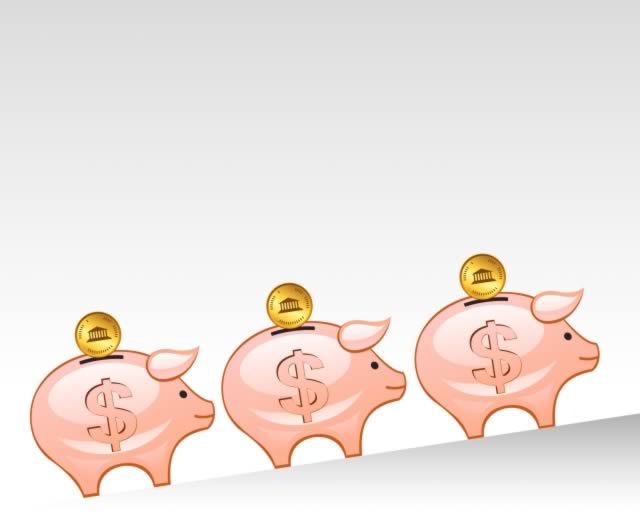Banks or credit unions: Which will give you the best bang for your buck?
Published 12/9/10 (Modified 3/9/11)  By Sierra Black
By Sierra Black
You've probably heard good things about credit unions. Or maybe you've just heard of credit unions for the first time, and are wondering what all the fuss is about.
Putting credit unions in context
Credit unions are not-for-profit organizations that provide most of the same services a bank provides. You can get a checking account through a credit union, as well as savings accounts, CDs and even mortgages. They're member-owned, so there are no shareholders to report to and no profit motive behind the banks' practices.
Think about the difference between public library fines and video store late fees, and you'll have a sense of what this means to you as a consumer.
I had my first credit union account when I was a teenager, at the credit union where my mom does all her banking. At the time I wasn't a picky bank customer, and it served all my needs just fine. I changed banks when I went away to college, and ended up in the clutches of a major national bank for several years.
Since then, I've bounced from credit unions to commercial banks and back again a few times. Right now, my accounts are split between a checking account at local brick & mortar bank and a high yield savings account at an online bank. Doing the research for this article, though, has pretty well persuaded me to switch back to a credit union.
Credit unions pros
Read the full article »